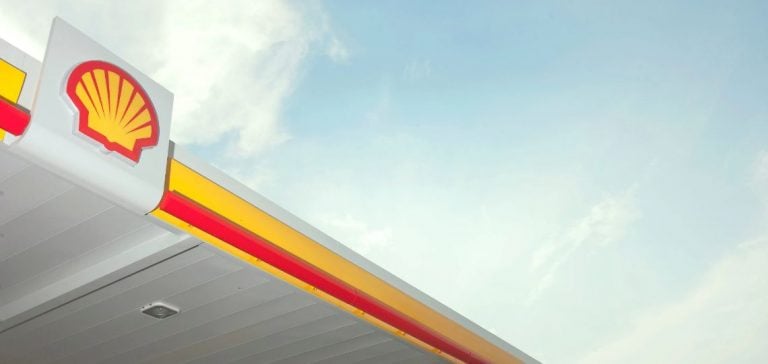Nigeria and its international partners in the oil sector, including Shell, are preparing to make a Final Investment Decision (FID) on the offshore Bonga North oil project before the end of 2024, according to statements from Nigeria’s Minister of Oil, Heineken Lokpobiri, on October 20.
The Bonga North project, operating in partnership with the Nigerian National Petroleum Corporation (NNPC), ExxonMobil, TotalEnergies, and Eni, represents a key initiative for Nigeria’s oil sector. Shell holds the largest operational interest with 55%, according to S&P Global Commodity Insights data. This development is expected to unlock approximately 350 million barrels of oil equivalent (Mbp) of Nigerian reserves and extend the life of the Shell-operated Bonga floating production, storage, and offloading (FPSO) vessel by an additional 15 years.
Context and Strategic Partnerships
Minister Lokpobiri emphasized that the Nigerian government’s efforts to create a conducive environment for investors have led to the recent approval for investment in the Bonga North Offshore project before the year’s end. During a meeting in Abuja, he discussed with Nicolas Terraz, President of TotalEnergies EP Nigeria, thereby strengthening strategic ties among the involved partners.
President Bola Tinubu, who was elected last year with the ambition to increase Nigeria’s oil production and, consequently, its vital oil revenues, has continued a recent tradition by retaining the official oil minister position for himself, with Heineken Lokpobiri and Ekperikpe Ekpo serving as Ministers of State for Oil and Gas, respectively. This underscores the strategic importance of the energy sector in the government’s agenda.
Technical Developments and Shell’s Strategy
Shell had previously announced that the development of Bonga North would commence this year, involving the drilling of over 40 subsea wells. The Bonga oil field, Nigeria’s first deepwater oil field, has the capacity to produce 225,000 barrels of crude oil per day (b/d) and 150 million standard cubic feet of gas per day (MMcf/d). These developments are crucial for achieving Shell’s production targets in the region.
The Bonga expansion plan, alongside Bonga Southwest, is a central element of Shell’s ten-year operational strategy in Nigeria, with a peak target of 370,000 b/d of oil from the company’s deepwater assets in the country by 2032.
Challenges and Production Goals
However, Nigeria has faced difficulties in meeting its Organization of the Petroleum Exporting Countries Plus (OPEC+) production quota in recent years. These challenges include underinvestment, crude theft, field maturation, and an exodus of international oil companies (IOCs) from the troubled onshore sector. Recently, Nigeria pumped approximately 1.5 million b/d, well below the capacity of around 2.2 million b/d. The country’s quota was reduced to 1.5 million b/d in January from 1.74 million b/d previously.
The Nigerian government aims to ramp up crude output to around 2 million b/d by the end of 2024, according to Nigerian officials. This increase is essential to meet OPEC+’s expectations and stabilize the country’s oil revenues.
Impact on the Nigerian Economy
The final investment decision on the Bonga North project is expected to be a major catalyst for Nigeria’s economy. By increasing oil production capacity, the project should not only strengthen national reserves but also attract more foreign investment into the country’s energy sector. This could also help reduce Nigeria’s dependence on volatile oil revenues and diversify its economy.
Future Prospects and Previous Developments
Shell had previously announced its intention to sell its onshore business in Nigeria to Renaissance, a consortium of five predominantly Nigerian companies, in response to years of spills and oil theft. However, this transaction has encountered regulatory hurdles and delays, complicating Shell’s divestment strategy in the region.
The expansion of the Bonga North project, in collaboration with its partners, is seen as a crucial step in revitalizing Nigeria’s oil operations and ensuring sustainable growth of the country’s energy sector. The success of this project could also strengthen Nigeria’s position as a regional leader in deepwater oil production.






















